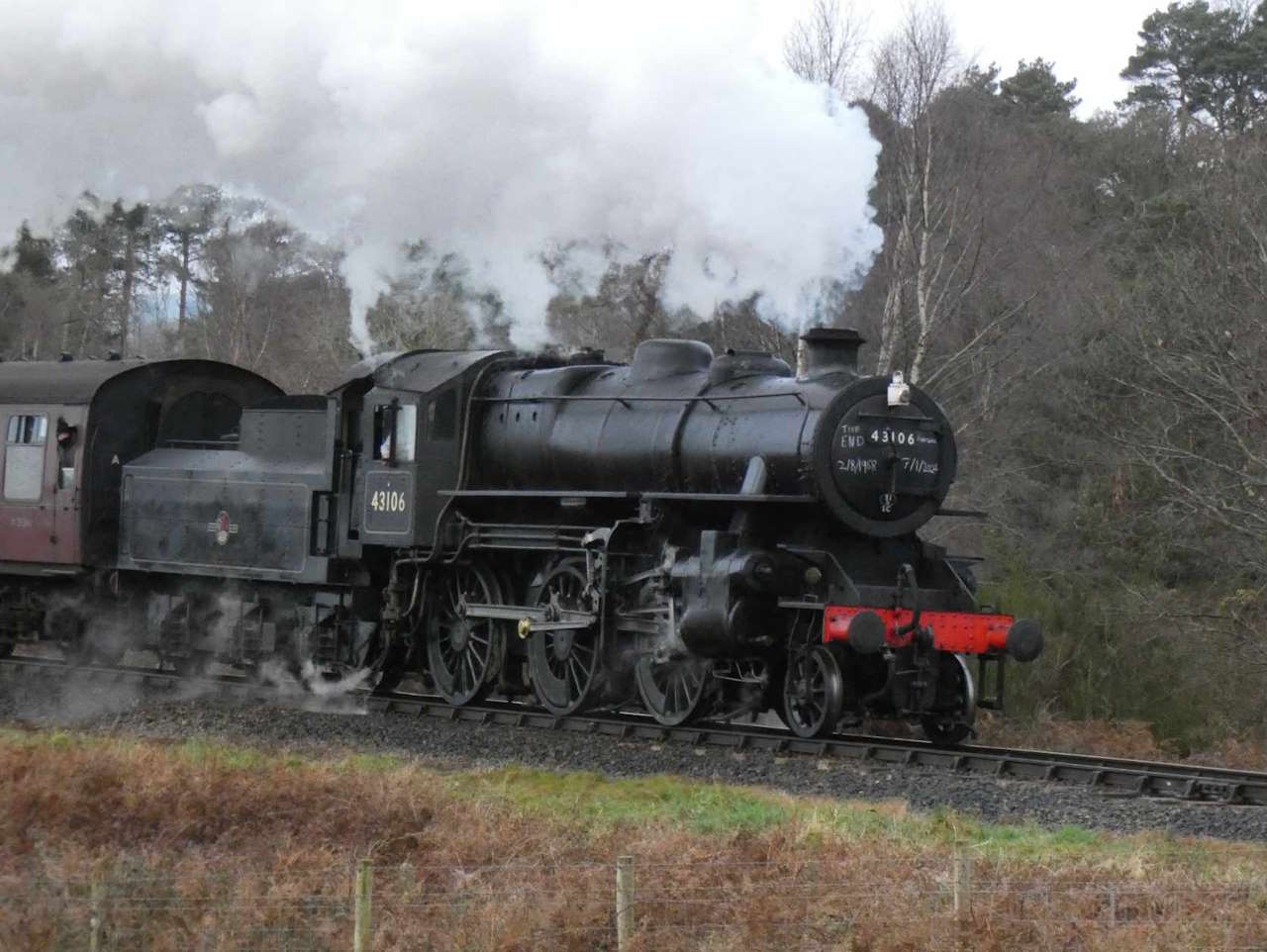railfan99
Established Member
Many who invest in equity markets know that financial performance metrics can be manipulated.
If a company doesn't invest in sufficient capital expenditure - airlines are a prime example, if the fleet ages every year without replacements - short term financial results can look good but at the cost of later.
Your financial year typically ends on 31 March 2024, so 'CY' analysis is mostly in FY 2025.
That said, which heritage/preserved railways do you expect to perform well (or at least OK) financially in 2024?
(I don't want in this post to cover the 'financial disasters' - that's already been covered to some extent).
Of the 10 or so in England on which I've travelled, my guess is North Norfolk Railway will be best.
Has its ducks in a row. Although expectations were low (it's relatively short), it exceeded them: I regret not having allocated time at its historic intermediate station, the appropriately named Weybourne.
NNR has already published the 2024 timetable.
If a company doesn't invest in sufficient capital expenditure - airlines are a prime example, if the fleet ages every year without replacements - short term financial results can look good but at the cost of later.
Your financial year typically ends on 31 March 2024, so 'CY' analysis is mostly in FY 2025.
That said, which heritage/preserved railways do you expect to perform well (or at least OK) financially in 2024?
(I don't want in this post to cover the 'financial disasters' - that's already been covered to some extent).
Of the 10 or so in England on which I've travelled, my guess is North Norfolk Railway will be best.
Has its ducks in a row. Although expectations were low (it's relatively short), it exceeded them: I regret not having allocated time at its historic intermediate station, the appropriately named Weybourne.
NNR has already published the 2024 timetable.

 .
.
